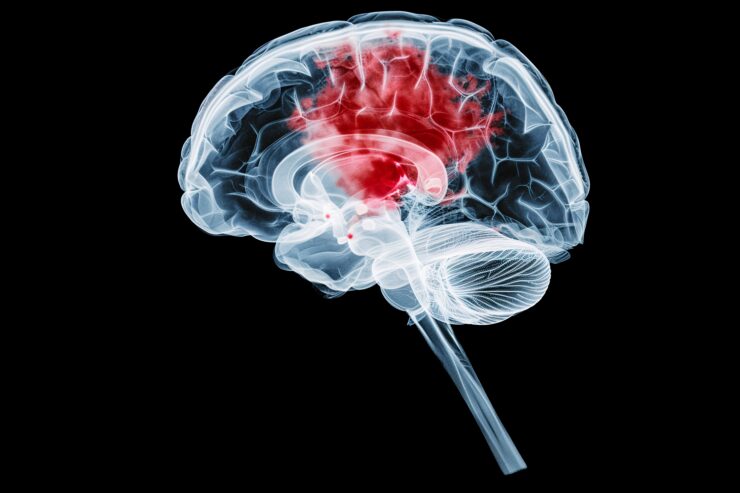FAQ
Leqembi Brain Injury Lawsuit
Eisai and Biogen’s Alzheimer’s drug Leqembi (lecanemab) has been linked to dangerous brain bleeding, swelling, and other serious complications in patients. A Bloomberg investigation revealed at least seven people have died in the US from symptoms linked to the drug over the past two years.
If you or a loved one took Leqembi for Alzheimer’s disease and experienced brain bleeding, swelling, or other serious complications, you may be eligible for compensation.
Serious Brain Complications from Leqembi
Leqembi (lecanemab) is a monoclonal antibody designed to attach to and reduce amyloid beta plaques in the brain of Alzheimer’s patients. While approved in the US, Japan, China, and other countries, the medication was initially rejected by European regulators specifically due to safety concerns and denied registration by Australia’s Therapeutic Goods Administration.
Patients taking Leqembi have reported experiencing:
- Brain bleeding (cerebral hemorrhage)
- Brain swelling (cerebral edema)
- Amyloid-related imaging abnormalities (ARIA)
- Severe headaches
- Confusion and disorientation
- Seizures
- Hospitalization
- Permanent neurological damage
- Death
According to a recent investigation from Bloomberg, nearly 33% of people with two copies of the APOE4 gene who received Leqembi experienced brain swelling compared to just 5% of people with no copies. In total, at least seven people have died in the US from symptoms linked to the drug, with three others suffering lasting disabilities, based on detailed adverse event reports reviewed by Bloomberg.
High-Risk Groups Not Properly Warned
Research has shown that certain patients are at significantly higher risk for brain bleeding when taking Leqembi. People with the ApOE4 gene variant face substantially higher risks of developing serious complications, yet many were not adequately informed of this risk.
A major investigation by The New York Times revealed that during clinical trials:
- Patients with genetic profiles that made them vulnerable to brain injuries were not informed of their personal risk
- Many experienced what researchers classified as “severe” brain bleeding
- Information about individual risk factors was systematically withheld
- Patients were unable to make informed decisions about their treatment
Even after Leqembi’s approval, concerns remain about whether patients and healthcare providers are being fully informed about these risks.
Regulatory Actions and Safety Concerns
Global regulatory bodies have expressed significant concerns about Leqembi’s safety profile. European regulators initially rejected Leqembi, stating its benefits “do not counterbalance the risk of serious adverse events.” When later approved, the European Medicines Agency restricted the drug to patients with one or no copies of the APOE4 gene—a notable safety limitation not imposed in the US.
Australia’s Therapeutic Goods Administration rejected Leqembi entirely in October 2024, concluding that “the demonstrated efficacy did not outweigh the safety risks.”. Even within the United States, prestigious institutions including the Veterans Health Administration and Johns Hopkins School of Medicine have implemented their own restrictions, choosing not to recommend the treatment to patients with two APOE4 gene copies due to the elevated risks.
If you or a loved one took Leqembi for Alzheimer’s disease and experienced brain bleeding, brain swelling, or other serious complications, you may be eligible for compensation. Contact us today for a free consultation regarding your legal rights.
